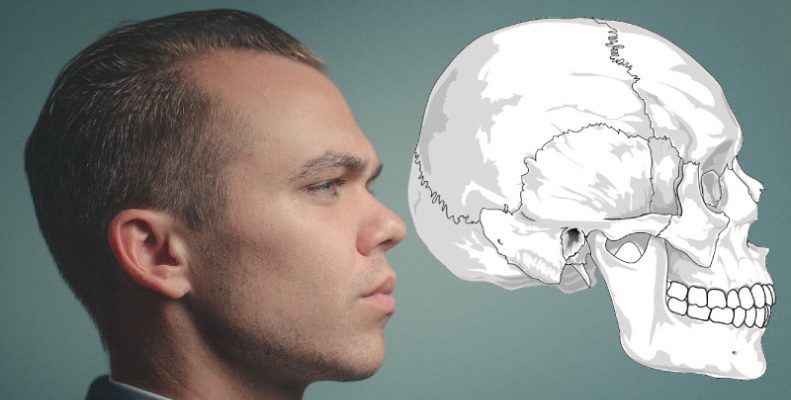
Although you may think that dentists and dental professionals only treat your teeth, we actually strive to keep your teeth, mouth, and entire jaw healthy! Often, our patients will complain to us about pain in their jaw that turns out to be dysfunction of their temporomandibular joint. Today, we want to talk about what TMJ disorder is (also known as TMD and TMJ syndrome), what signs to look for, and what to do if you believe you may be having problems with your temporomandibular joint.
What Is TMJ Disorder?
The temporomandibular joint is what connects your jaw to your skull. If this joint is injured or damaged — by injury to the teeth, bite misalignment, teeth grinding, arthritis, poor posture, stress, or other causes — it can lead to pain.
What Are the Symptoms of TMD?
There are several indicators to look for when diagnosing TMJ dysfunction. If you notice any of these symptoms, call our dental office and our qualified team will help you get the care you need to alleviate your pain.
- Stiffness, soreness, or pain in the jaw joint
- Clicking, popping, or locking of the jaw
- Sinus problems
- Pain, ringing, or popping sounds in the ears
- Frequent headaches
Can My TMJ Pain Be Treated?
Although the jaw pain and other symptoms of TMJ dysfunction are no fun, there is some good news: TMJ disorder generally responds well to home treatment. We often recommend our patients use ice packs to soothe soreness along their jaw, coupled with over-the-counter anti-inflammatory medication. In some cases, we recommend patients stop chewing gum and start regularly stretching their jaw and neck – or even receiving regular massages to the area to help relieve tension.
We Can Help Resolve Your Discomfort!
In more serious cases, treatment for TMD can range from dental splints to physical therapy to surgery. No matter how severe your jaw pain is, our team at Williamsville Family Dentistry can create an individualized plan to relieve your symptoms.
